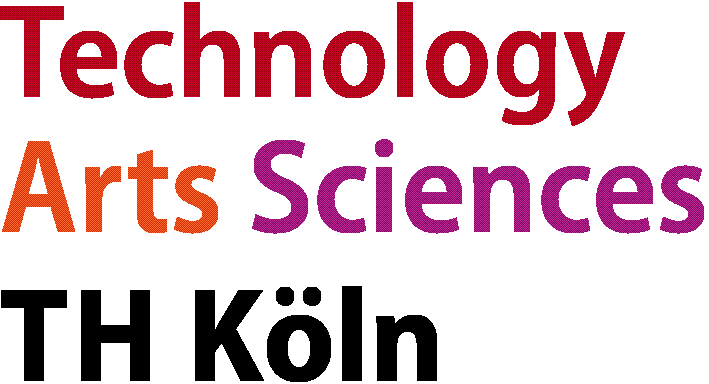 |
Master of Eng. in Automation & IT |
|
|
|

|
|
Modules |
||||
|
Infrastructure and Integration of Technical Systems This module covers key areas of study in technical systems, encompassing measurement systems and their components, business information systems like ERP and their integration, industrial systems in manufacturing and process contexts, and sustainable energy systems focusing on electrical grids and distributed resources. more Modelling and Simulation of Technical Systems The module encompasses the application of electrical and physical principles to develop and critically evaluate accurate simulations of measurement and electrical energy systems using industry-standard tools, enabling the prediction and analysis of system behaviors and the identification of improvements. more Optimization of Technical Systems This module equips students with the ability to apply numerical methods, develop mathematical models, and utilize data-driven optimization techniques to solve real-world problems, analyze large datasets, and enhance technical systems' performance through the use of advanced computational tools and optimization software. more Industrial Communication and Information Security This module enables students to design, manage, and secure industrial automation systems by equipping them with the knowledge of industrial communication components, IT-security systems, real-time Ethernet solutions, and cybersecurity practices, thereby preparing them to protect critical infrastructure against cyber threats and adapt to emerging technologies. more Smart Automation and Robotics The module facilitates the design and implementation of advanced control strategies, integration of IoT devices into automation systems, and development of autonomous robotic systems by applying control theory, communication protocols, machine learning, and considering societal implications, with the aim to optimize system operations and enhance robot autonomy. more Data Science, Machine Learning and AI The module prepares students with the ability to apply object-oriented programming principles, design relational database schemas, and implement neural networks and machine learning algorithms, emphasizing human-centered AI considerations, through skills such as coding in Python, using SQL, and leveraging ML libraries, to efficiently manage data science projects and address complex engineering tasks. more Case Studies For each of the modules listed above, several case studies are available, allowing students to apply their acquired knowledge to practical, real-world problems within the framework of team projects, thereby deepening their understanding. more Master Thesis The master's thesis enables the student to design an appropriate research methodology, master subject matter, communicate findings, and apply ethical considerations by engaging in literature analysis, developing and evaluating solution approaches, writing a thesis, and presenting research, ultimately enhancing the student's ability for independent scientific work and qualifying the student for a career as an automation engineer. more |
|
|||
|
|
|
![Deutsch version not yet available [ger]](http://www.master-ait.de/common/flag_ger_inactive.gif)
![Englisch [eng]](http://www.master-ait.de/common/flag_eng.gif) Englisch
Englisch